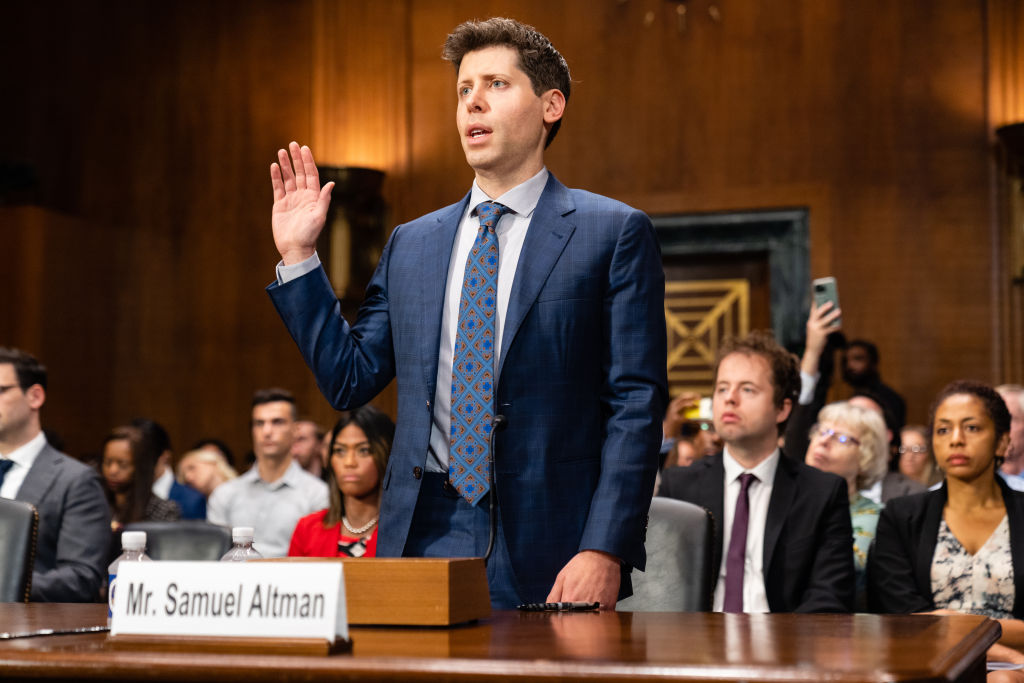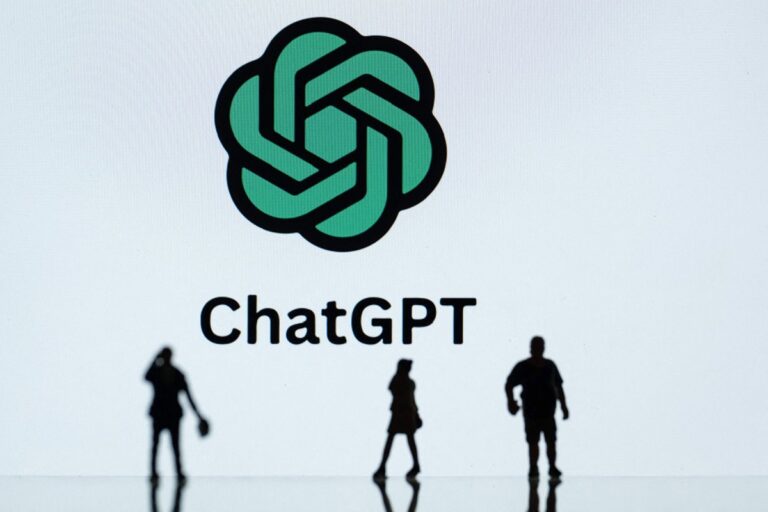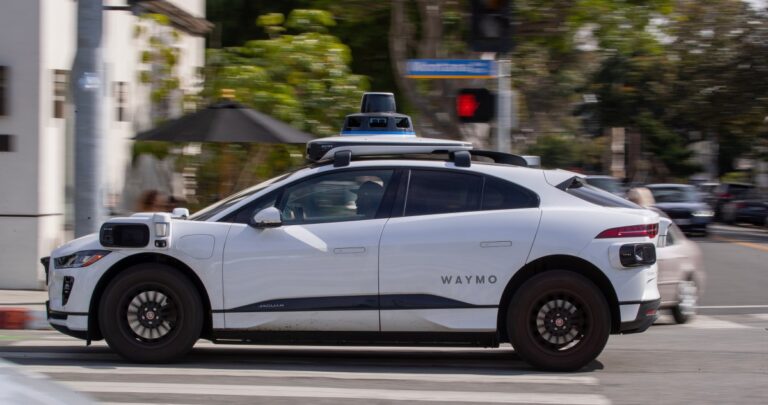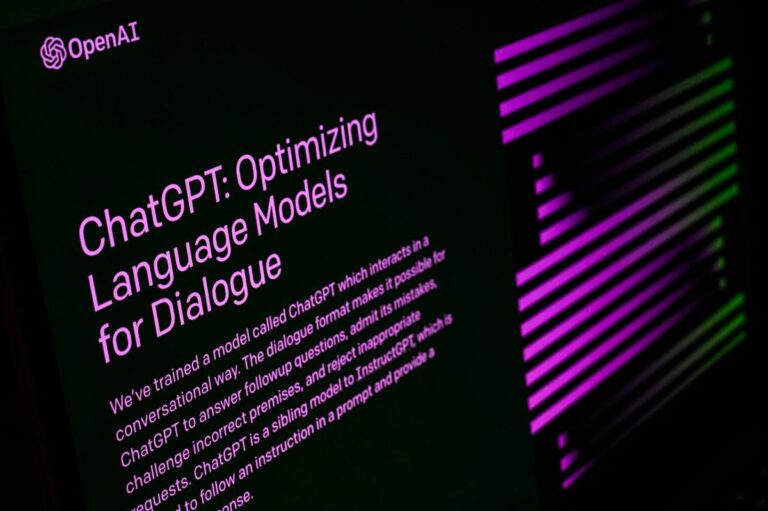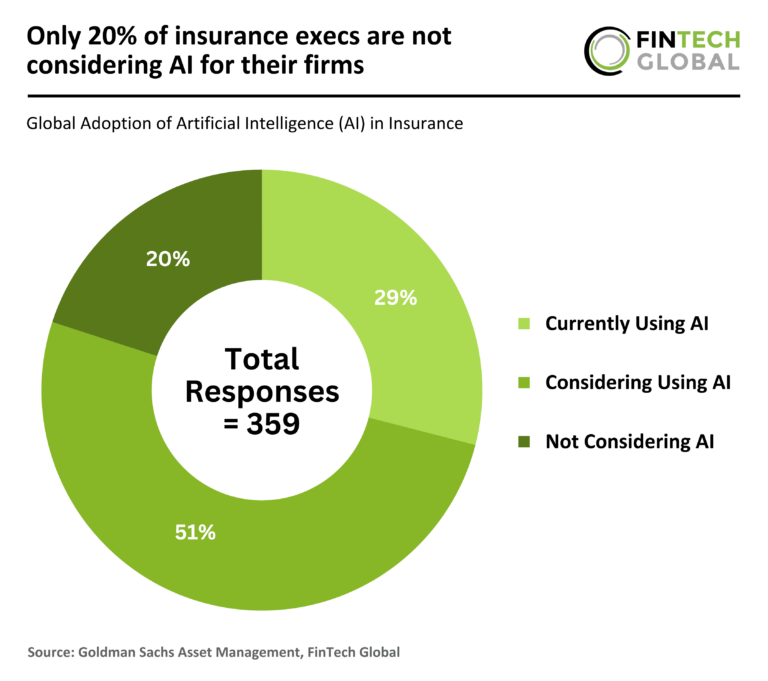AI Companies Ramp Up Federal Lobbying in 2024 to Navigate Regulatory Uncertainty
In 2024, companies significantly increased their lobbying efforts on artificial intelligence (AI) issues at the federal level, reflecting growing regulatory uncertainty. With a remarkable 141% increase in spending compared to 2023, the landscape of AI lobbying is evolving rapidly.
AI Lobbying Expenditure on the Rise
Data from OpenSecrets reveals that 648 companies engaged in AI lobbying in 2024, a substantial rise from 458 companies in 2023. This surge highlights the increasing importance of AI legislation in the corporate sector.
Key Players in AI Legislation
Major tech firms are backing critical legislative measures to shape the future of AI. For instance, Microsoft has shown support for the CREATE AI Act, which aims to benchmark AI systems developed in the U.S. Similarly, OpenAI is advocating for the Advancement and Reliability Act, designed to establish a dedicated government center for AI research.
Increased Spending by AI Labs
AI labs are significantly ramping up their lobbying expenditures:
- OpenAI: Increased spending from $260,000 in 2023 to $1.76 million in 2024.
- Anthropic: More than doubled its budget from $280,000 to $720,000.
- Cohere: Boosted its spending from $70,000 to $230,000.
Combined, these three AI companies allocated $2.71 million for federal lobbying, a significant increase compared to $610,000 in 2023. While this is modest relative to the tech industry’s total lobbying expenditure of $61.5 million, it emphasizes the growing focus on AI issues.
Challenges in AI Policymaking
Last year proved to be tumultuous for AI policymaking, with over 90 AI-related bills proposed in Congress during the first half alone, as reported by the Brennan Center. At the state level, more than 700 laws were suggested, yet progress has been slow.
State-Level Initiatives
Some states took the lead in AI regulation:
- Tennessee: First state to protect voice artists from unauthorized AI cloning.
- Colorado: Adopted a tiered, risk-based approach to AI policy.
- California: Governor Gavin Newsom signed numerous AI safety bills.
However, no state has yet enacted regulations as comprehensive as the EU’s AI Act. Governor Newsom vetoed bill SB 1047, which would have imposed extensive safety and transparency requirements on AI developers.
The Future of AI Regulation
As we move forward, the federal government’s ability to progress on AI legislation remains uncertain. President Donald Trump has indicated intentions to deregulate the industry, potentially hindering comprehensive AI governance.
In November, Anthropic emphasized the need for “targeted” federal AI regulation within 18 months, warning that the opportunity for proactive risk prevention is dwindling. OpenAI has also called for more substantive government action to support AI development.
For more insights on AI and technology trends, explore our technology trends page.

